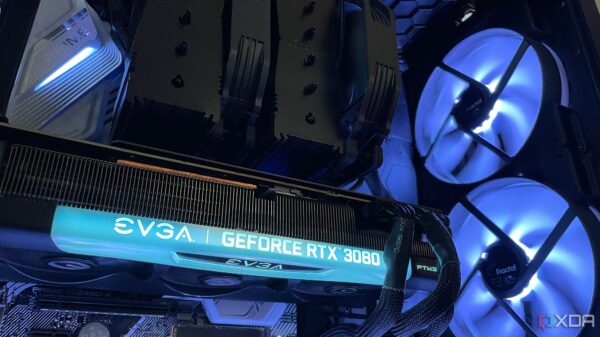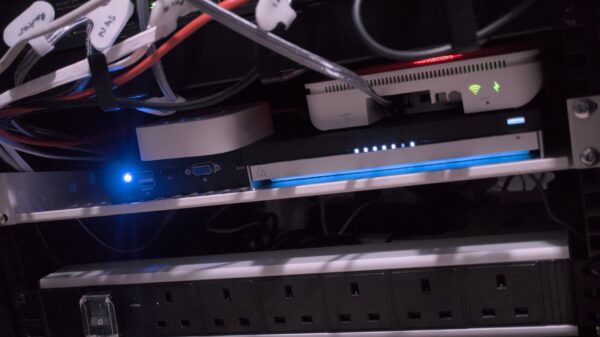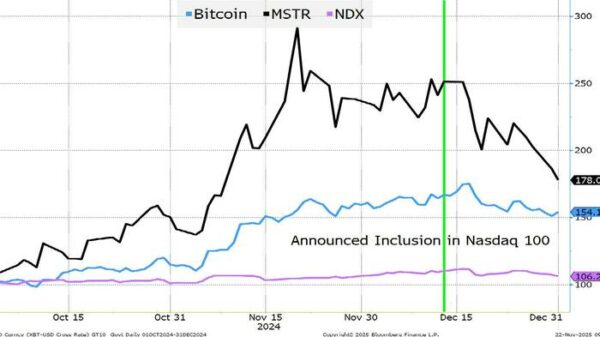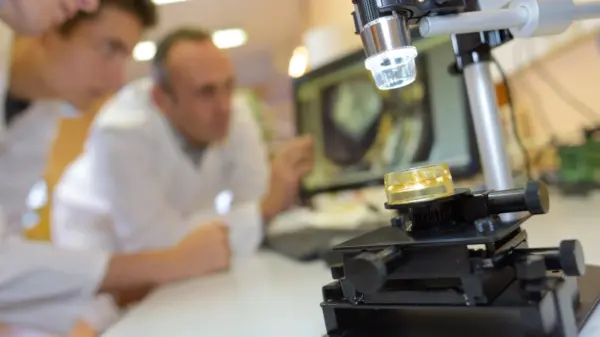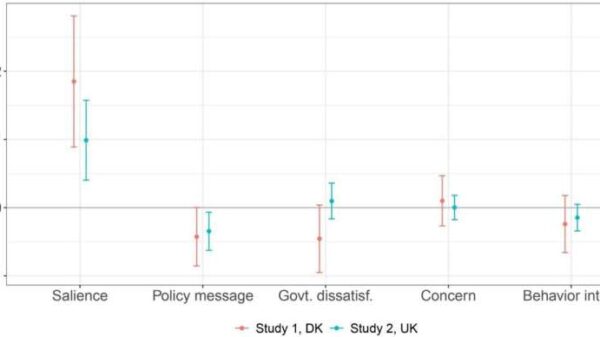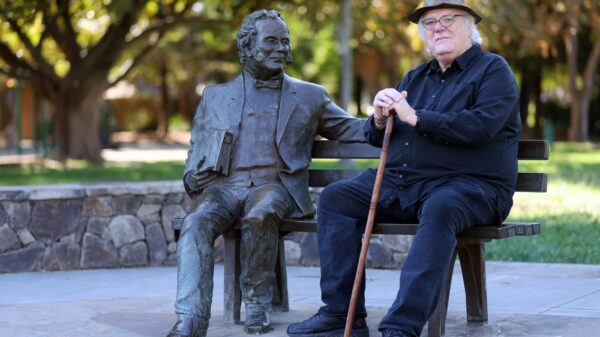The University of California, San Diego (UC San Diego) is confronting a significant challenge as it grapples with a rising number of incoming freshmen lacking fundamental math skills. According to a report released on November 6, 2023, a total of 665 students, representing 8.5% of this year’s freshman class, have been placed in Math 2. This remedial course is designed for those who are not adequately prepared for precalculus, a foundational subject for many science, engineering, and mathematics programs.
The situation marks a stark contrast to just five years ago, when only 32 freshmen, or 0.5%, required similar remedial instruction. This surge raises concerns about the preparedness of students entering a prestigious institution known for its rigorous academic environment and strong emphasis on research and innovation.
Growing Concerns Over Academic Readiness
The increase in students needing remedial math support highlights a broader issue within the educational system. Many educators and administrators are reflecting on the implications of these findings. The inability to perform basic math functions not only affects students’ immediate academic success but also their long-term prospects in STEM (science, technology, engineering, and mathematics) fields, which are critical to UC San Diego’s mission.
UC San Diego’s administration has acknowledged the need for a more robust support system to assist students in bridging the gap in their mathematical abilities. This includes potential enhancements to pre-college math education and improved resources for incoming students.
Students placed in Math 2 will need to develop essential skills that are crucial for their future coursework. The remedial course aims to provide a solid foundation that prepares them for more advanced studies. While the university recognizes the importance of this intervention, there is a pressing need to address the root causes of the declining math proficiency observed among incoming freshmen.
Broader Implications for Higher Education
The challenges faced by UC San Diego are not isolated. Many institutions across the United States and beyond are reporting similar trends, with an increasing number of students requiring remedial education upon entering college. This phenomenon raises questions about the effectiveness of K-12 education systems in preparing students for higher learning.
As universities strive to maintain their academic standards and reputation, the growing need for remedial courses could strain resources and impact overall educational outcomes. Institutions may need to explore innovative solutions, such as partnerships with high schools to enhance math curricula or the introduction of summer bridge programs aimed at improving student preparedness.
While UC San Diego continues to emphasize its commitment to academic excellence, the rising number of students in need of remedial math underscores the importance of addressing educational disparities at earlier stages. As this issue unfolds, it will be critical for educational leaders to collaborate and find effective strategies to support students in achieving their academic goals.



